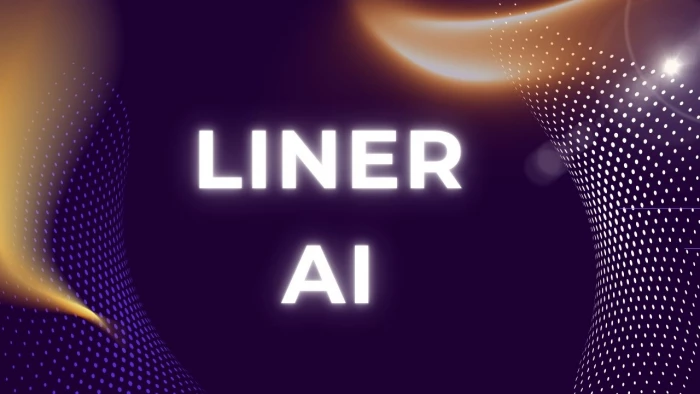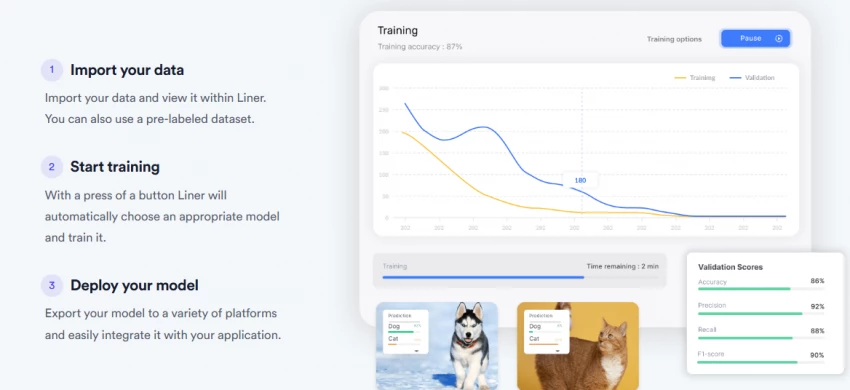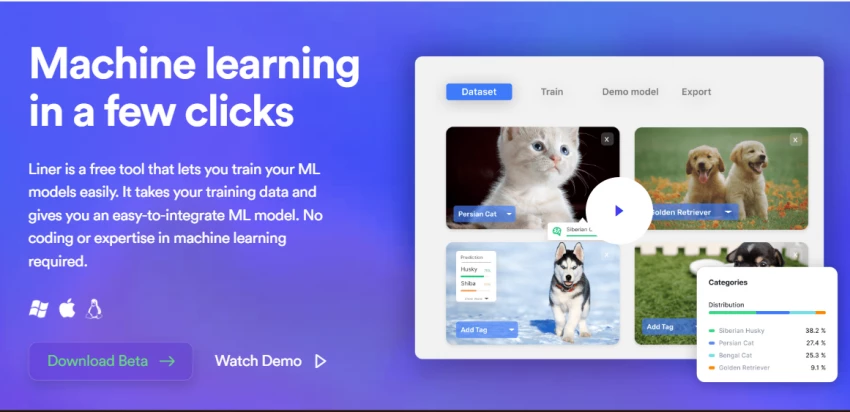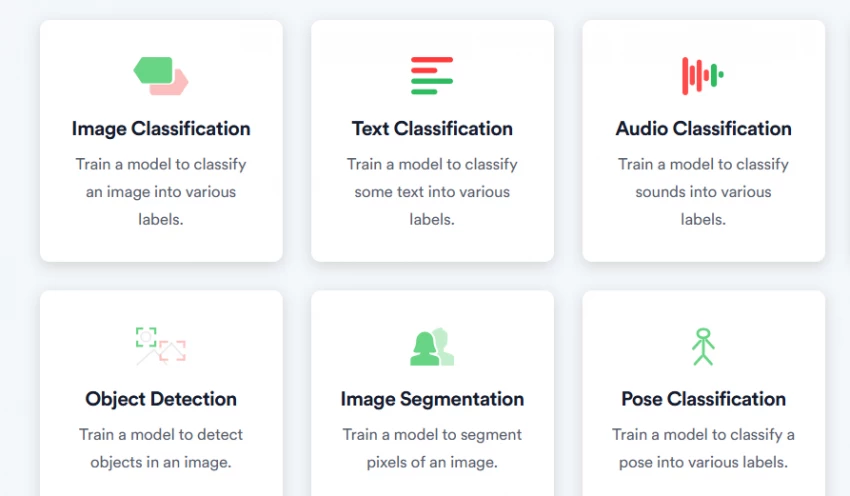

In 2025, research feels both exhilarating and overwhelming. AI tools promise instant knowledge, yet verifying what’s true is harder than ever.
If you’ve ever juggled twenty tabs trying to confirm a single statistic, you know the struggle.
That’s where Liner AI steps in, an AI-powered research assistant built on one promise: trust through transparency.

Unlike generic AI chatbots that often generate unverified text, Liner AI focuses on verifiable, source-linked research.
Each statement in a Liner report is clickable, taking you directly to the original publication, paper, or dataset.
For students, academics, and journalists, that means fewer “guessing games” and more confidence in every claim.
This simple shift, from answers to traceable evidence, is what makes Liner stand apart from tools like ChatGPT or Perplexity AI.

Liner’s process unfolds in four traceable steps:
In Scholar Mode, only peer-reviewed academic sources are used, complete with citation counts.
This design transforms AI from a “black box” into a transparent partner.
Liner AI’s benchmarks stand out in a crowded market. Independent testing (SimpleQA 2025) showed 95.3 % factual accuracy, outperforming Perplexity and ChatGPT 4.5.
| Tool | Avg Research Speed | Factual Accuracy (SimpleQA) | Peer-Reviewed Mode | Graph/Table Output |
| Liner AI | ~2 min | 95.3 % | Yes | Yes |
| ChatGPT 4.5 | ~10 min | 62.5 % | No | No |
| Perplexity AI | ~4 min | 93.9 % | No | No |

Liner operates on a multi-agent system, where specialized AI modules handle subtasks:
This “agentic AI” structure mirrors the next phase of intelligent systems, autonomous agents collaborating on a single user goal.

Liner is quickly gaining traction across multiple sectors:
Each claim is traceable, giving knowledge workers an audit trail missing in standard AI tools.
| Plan | Annual Price | Key Features | Ideal For |
| Free | $0 | 10 Deep Research reports/day | Casual users & students |
| Academic Premium | $95.99 / yr | Unlimited reports, Scholar Mode, PDF analysis | Researchers & faculty |
| Business Pro | $179.99 / yr | Workflow tools, AI agents, and collaboration | Agencies & enterprises |
While its free tier is generous, users should review renewal policies before upgrading; cancellation delays have drawn criticism on Trustpilot.
| Platform | User Highlight | Common Concern | Sentiment |
| G2 | “Research time halved.” | Minor UX bugs | Positive |
| “Best for academic citations.” | Refund policy complaints | Mixed | |
| Trustpilot | “Fast and credible results.” | Limited offline use | Positive |
Key Takeaways
Highly accurate and transparent citations.
Fast research generation (~2 min).
Subscription management could improve.
No offline report access yet.
That combination of speed + verifiability makes Liner distinctly suited for evidence-driven research.
Is Liner AI Free?
Yes, Liner offers a free plan with 10 Deep Research reports daily. Upgrades unlock Scholar Mode and PDF analysis.
Is Liner Reliable for Academic Work?
Definitely, its 95 % accuracy benchmark and peer-reviewed filter make it a credible academic assistant.
Can Liner Replace Google or ChatGPT?
Not exactly; Liner supplements searches with sourced, clickable reports, not general conversation.
Does Liner Handle PDFs and YouTube Summaries?
Yes, in paid plans, users can upload PDFs or summarize videos and articles with citations.
Is User Data Secure?
Liner follows GDPR standards; still, privacy-sensitive users should review the policy before uploading files.
According to the 2025 Stanford HAI Index, investment in “agentic AI”, autonomous, collaborative research systems, is up 243 % YoY. Liner is part of this movement: it doesn’t replace researchers; it amplifies them.
The future is not black-box AI answers, but transparent, verifiable, human-in-the-loop knowledge systems.
If you’re a student, academic, journalist, or analyst who values speed and verifiable accuracy, Liner AI is worth your time.
Its click-to-verify model solves a problem no mainstream AI tool has yet solved well.
For deep research and evidence-driven projects, Liner delivers clarity where others offer convenience.
Absolutely, for anyone who values transparency over speed alone.
It’s a tool that encourages critical thinking and trust, not blind acceptance.
If you care about truth with traceability, Liner AI is one of the few research assistants that actually earns its name.
Be the first to post comment!